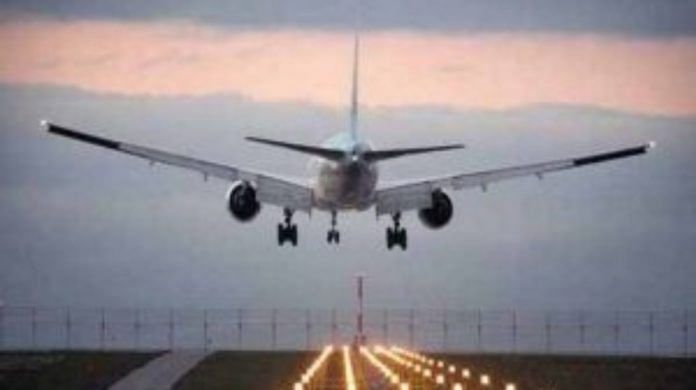Thank you dear subscribers, we are overwhelmed with your response.
indian aviation market is getting bigger by leaps and bounds, but it is not without its many paradoxes and challenges.
Not only have the Indian airlines emerged as the biggest orderbook airlines in the recently concluded Paris Air show, but Indigo is now the world’s largest A320 family airlines, going by their total orderbook of 1300 plus aircraft. To temper this in context, India has roughly 800 jets flying while a single operator in US and China has that many airplanes in their single fleet. India’s aviation sector forms close to 10% of India’s GDP so it is becoming a major player in India’s business landscape. The opportunities ahead still have certain challenges to be addressed. One key challenge which remains unresolved is to improve our overall Ease of Doing Business and ‘cut’ the red tape.
This is perhaps one of the reasons why the India operators have struggled too. Go First has been in the news for first declaring bankruptcy and then being certified recently by Indian DGCA as ‘fit to fly’. The courts have been ruling on the Indian bankruptcy rules (NCLT) while the Cape Town Convention has not been enacted into a law yet, so the courts while not protecting the rights of the lessors, are still following the rule of law. The NCLT ruling passed on 26th July 2023 states that Go First will not be restrained from flying aircraft even if the lessors (the real owners of these aircraft) oppose the same. It’s strange that the lessors rights have been curtailed in favour of the NCLT moratorium, while the airline is again allowed to operate without the NCLT process having reached its logical conclusion.
The lessors are upset but can they afford to not lease into India? I think not. India is now too big a market for any leasing/financing company to ignore. But it will mean even more stringent terms for all Indian airlines.
If that was not enough, adding to the woes of aviation industry is the latest news about Pratt; Whitney finding manufacturing quality issues in the ‘Geared Turbo Fan’ (GTF) engines, the same engine types blamed by Go First for its problems. As per news reports, more than 200 engines will require removal before mid-September 2023.
What does it mean for the ‘serviceable’ Go First fleet and how does it impact Indigo’s Airbus fleet fitted with GTF engines, just when the peak travel season is upon us. I think Indigo will manage this better than most, as it has always done so, thanks to its rock-solid support agreements and its prudent management of cashflow and resources. They had approximately a 3rd of their fleet powered by GTF engines a while back and this number would have reduced by now. Around 40 aircraft were grounded in their fleet per various news reports, many of them related to GTF engine troubles, so this number could go up now.
It is obvious that enacting the Cape Town Convention act is a key issue to be resolved for Indian aviation, among a few others, like ability to have local MRO capabilities, local supply chain abilities, a home grown aircraft leasing industry etc.
These pieces are being published as they have been received – they have not been edited/fact-checked by ThePrint.

